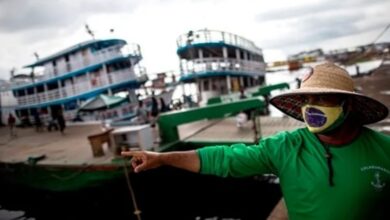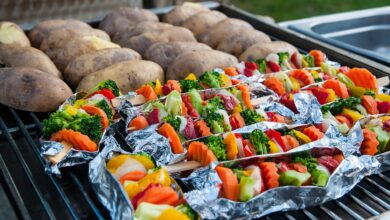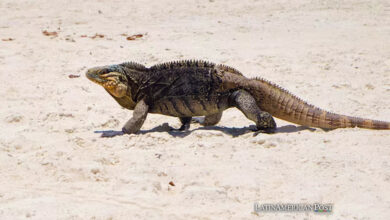The quarantine also liberates
What do we achieve with our presence, contribute, or take away?

With mandatory isolations, our lives have undergone changes that we were not used to. / Photo: Unsplash
LatinamericanPost| Natalia Isaza
Listen to this article
Leer en español: El encierro también libera
The measures of compulsory preventive isolation have changed our lives and our dynamics, and surely for a long time or perhaps never again, we will see life as we knew it again. This strange situation, among many other things, has allowed us to see that we are one more being, vulnerable and dependent. Although it was clear to many from before, we have never seen it as strongly as now. With this isolation we have the possibility of leaving depending on the decisions of the people in charge, politically speaking, of each country. Only if we have an emergency or if it is impossible for us to stop working, can we be on the streets, and that is a great advantage.
I do not come here to add fuel to the fire, as they say, I think that all of us have the situation very clear, some more than others. However, what I do want to emphasize here is that this quarantine may be nothing compared to the things that we do to the animals that live in captivity because we feel like it, whether for food, entertainment, or simply for company.
Sadly, most of the pandemics that have hit us, have come from animals, it is they who transmit these viruses and diseases to us, either due to captivity and the closeness we have with them in these bad conditions or simply by consuming them. So it was with avian influenza (H5N1), with swine A (H1N1), and apparently, the current one points to the same thing. This should make us rethink what we consume and how we consume it. I am not saying that all people should be vegetarians (even if I wanted to) but I do reaffirm the need to create an awareness of the poor conditions in which animals are kept before being slaughtered in order to enjoy a “delicious” feast.
There is also the fact that all that stress before dying passes into your meat, and from there obviously to the body of those who consume it, not only energetically speaking, for those who do not believe in those things, also the chemicals they can secrete if they are stressed at death, can cause meat to become tough or negatively influence its taste.
In these times in which humans are "kept" some animals have been able to give themselves a life of luxury, especially wild ones, which are not being hunted, by prohibition as in China or simply by confinement. Whatever it is, there are cities where cougars, foxes, wild boars, among others, have been seen calmly walking the streets, something that was impossible before, because they were practically sentencing their death.
Also read: How eradicating certain species can protect a forest
This human estrangement has given a respite, not only to the land, where our absence has allowed a drastic improvement in air quality in cities with a very high pollution index, and where we have achieved a reduction in carbon emissions , with a fall only surpassed by the one generated by World War II; but also for animals, who can now walk with more freedom and tranquility.
On the other hand, there are also the domestic animals, who only go out when their owners feel like taking them out, metaphorically we humans are like this now and we are hitting the walls . Let us understand that they are also living beings, that they need to do their physiological needs, not only when we are not too lazy to get them out, and that for them it is also important to see the outside world, play, run, stretch, receive the sun; those things that we are so lacking now and that we are deliberately depriving them of.
I do not consider that any moment is a moment to reproach or judge, precisely, this is to rethink how we are treating everything that gives us life, that gives us the basics, what do we achieve with our presence , contribute or snatch? It is important to think that our absence is bringing good things to the planet, and it is not the fact of being absent forever, but of knowing how to stay.




